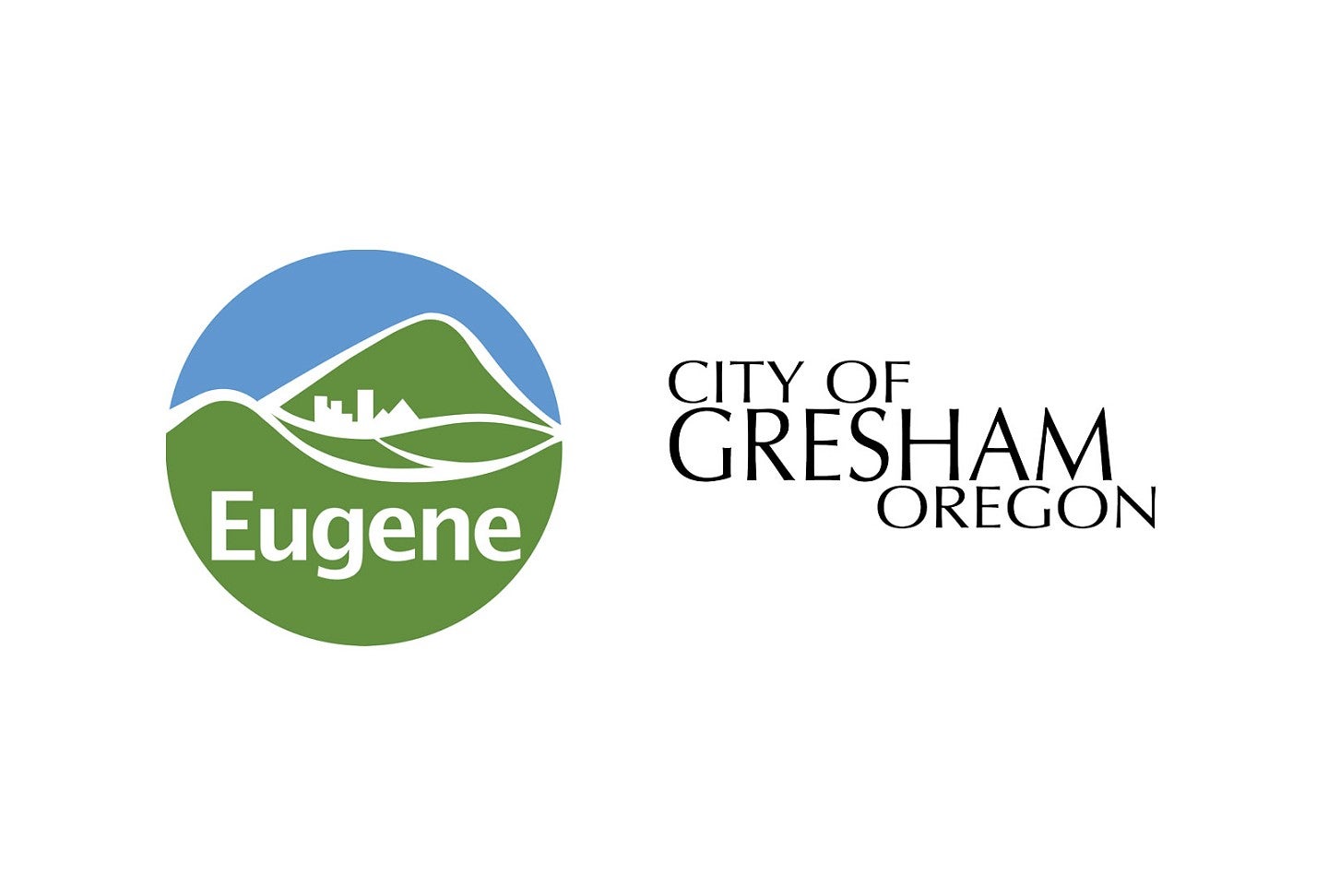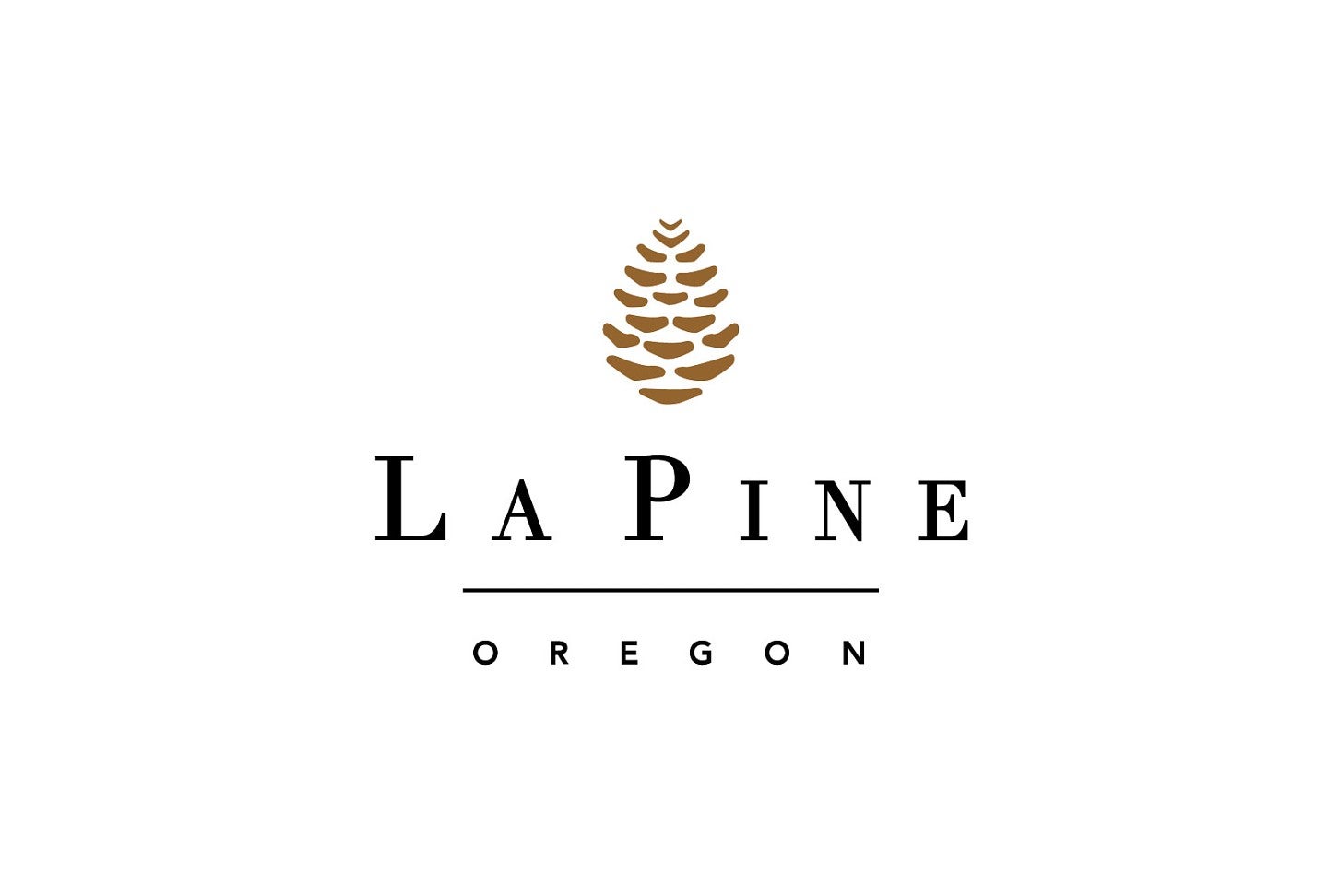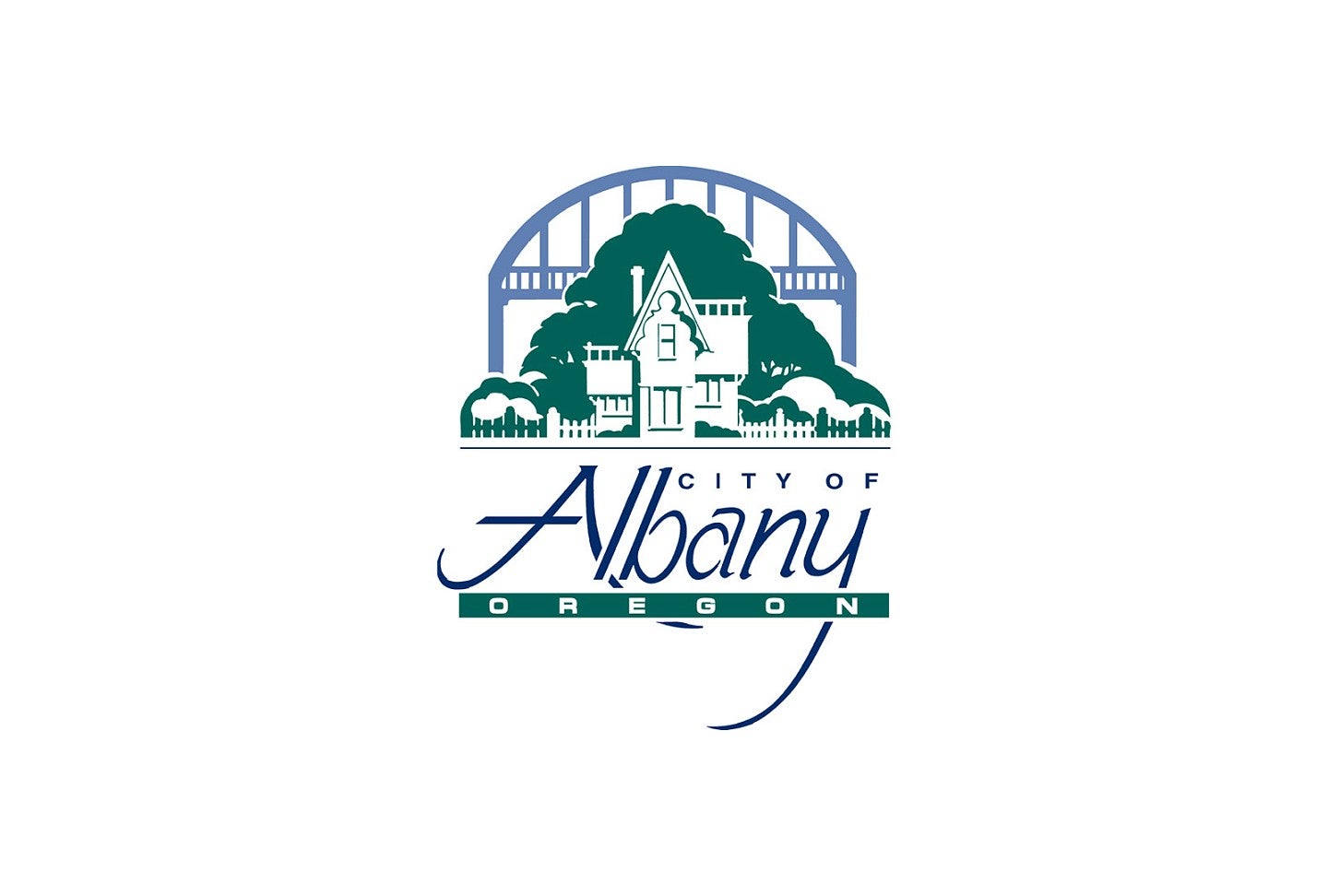Past SCYP Partnerships
Since 2009, SCYP has opened pathways that connect a broad range of Oregon cities and agencies to the innovative, expansive, and energetic brainpower of the University of Oregon. These relationships help create outcomes that extend well beyond the yearlong partnership. The impact of SCYP continues for many years not only as student recommendations come to fruition, but also as students enter the workforce prepared for careers in service to Oregon communities. SCYP is much more than a one-year project with a student – it's a connection to the University of Oregon and a platform for a sustainable future.
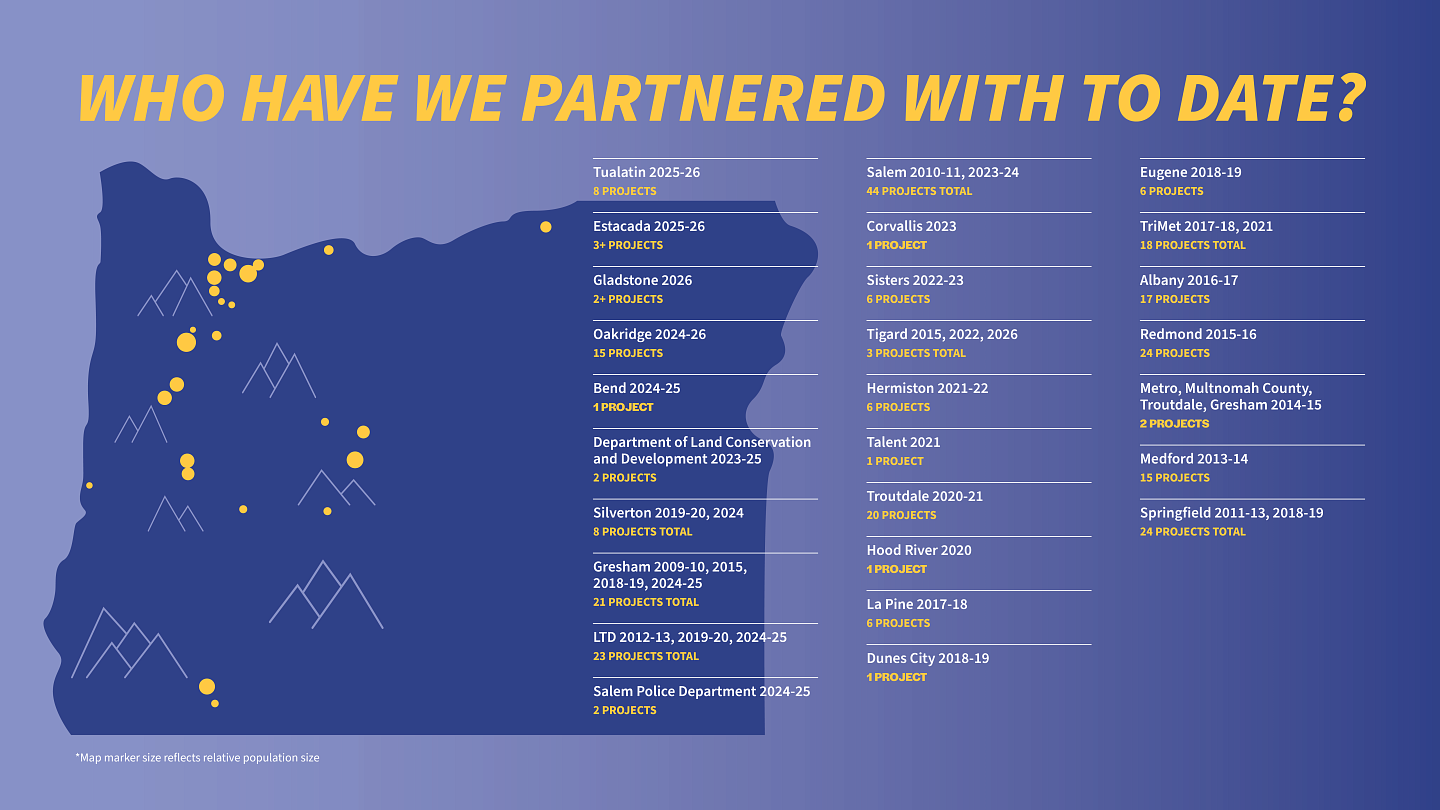

The City of Bend partnered with Community and Regional Planning graduate students to apply contemporary land use planning and urban design concepts to help transition a traditional, auto-centric area on the east side of Bend to a mixed use and climate resilient area that is equitable and facilitates transportation options.
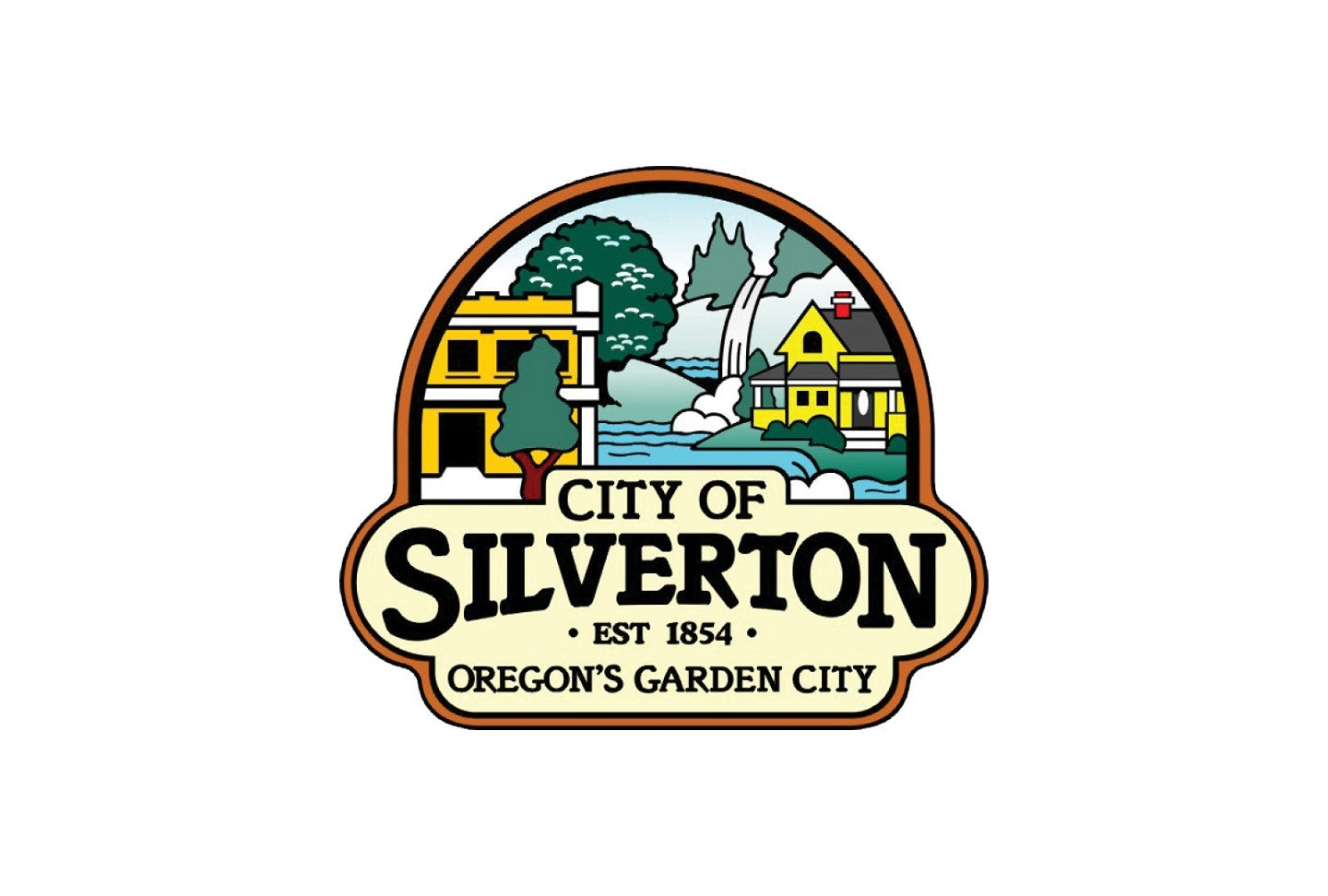
The City of Silverton partnered with multiple Public Relations courses to improve the city’s communication efforts. In addition, UO Architecture and OSU Wood Science, and Engineering students designed and constructed a highly flexible “kit-of parts” shelter system that can be easily adapted, expanded, and repurposed for a range of Silverton community needs.

The City of Salem Police Department worked with students in multiple Public Relations courses to investigate the various values that are important and specific to the work of the Police Department, while also developing campaigns to guide recommendations around community engagement and traffic safety.
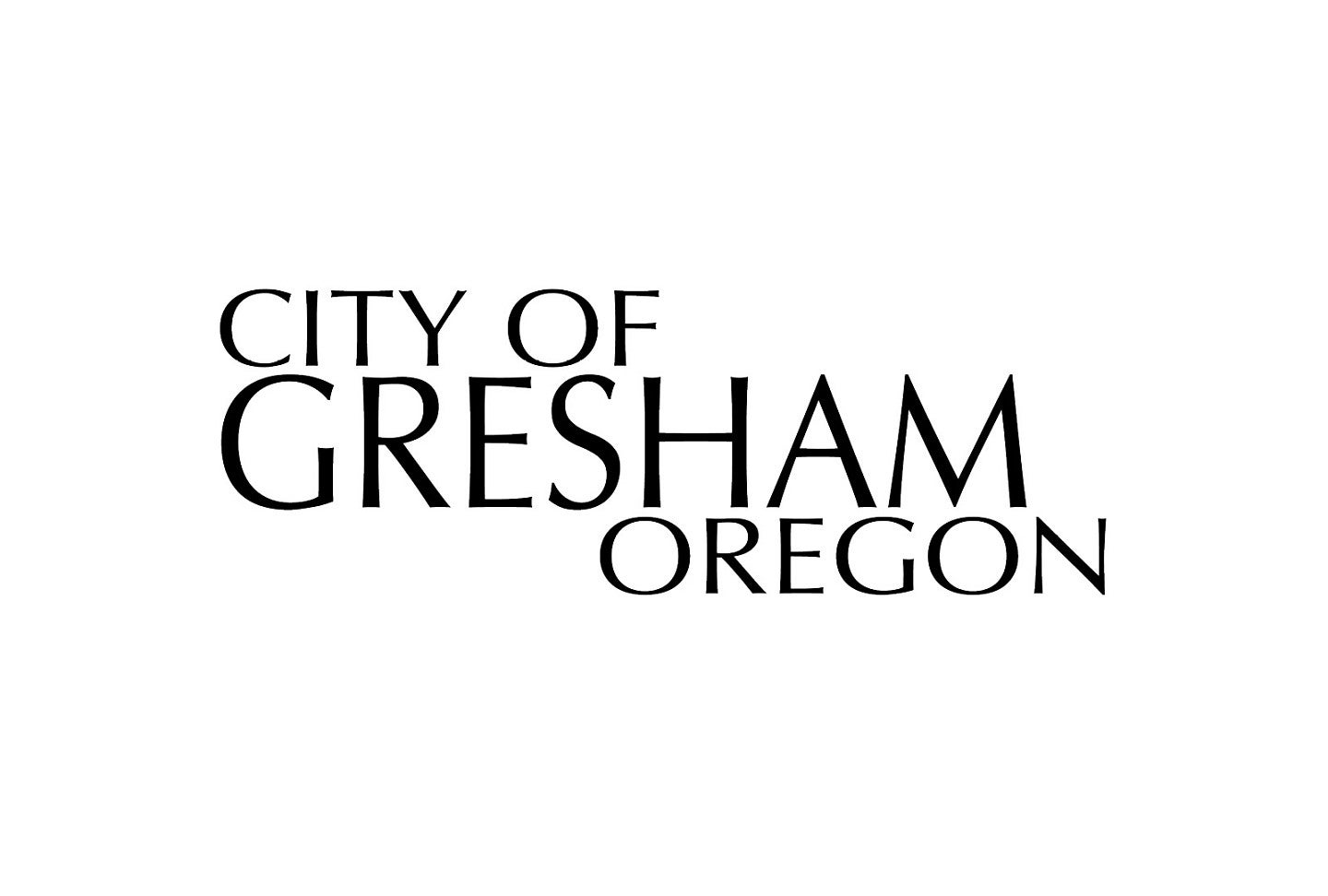
The City of Gresham first partnered with SCYP in the program’s inaugural year and has continued the relationship with special projects. Gresham worked with SCYP to explore the idea of turning part of Main Avenue into a pedestrian-only street as well as architecture studio projects to develop a vision for a downtown opportunity project.

With a strong history of partnership with SCYP, Lane Transit District sought support with strategy, planning, and implementation for how to best engage transit users. SCYP classes developed public relation campaign ideas, survey and analysis work, and bicycle transportation integration in long range mobility planning.
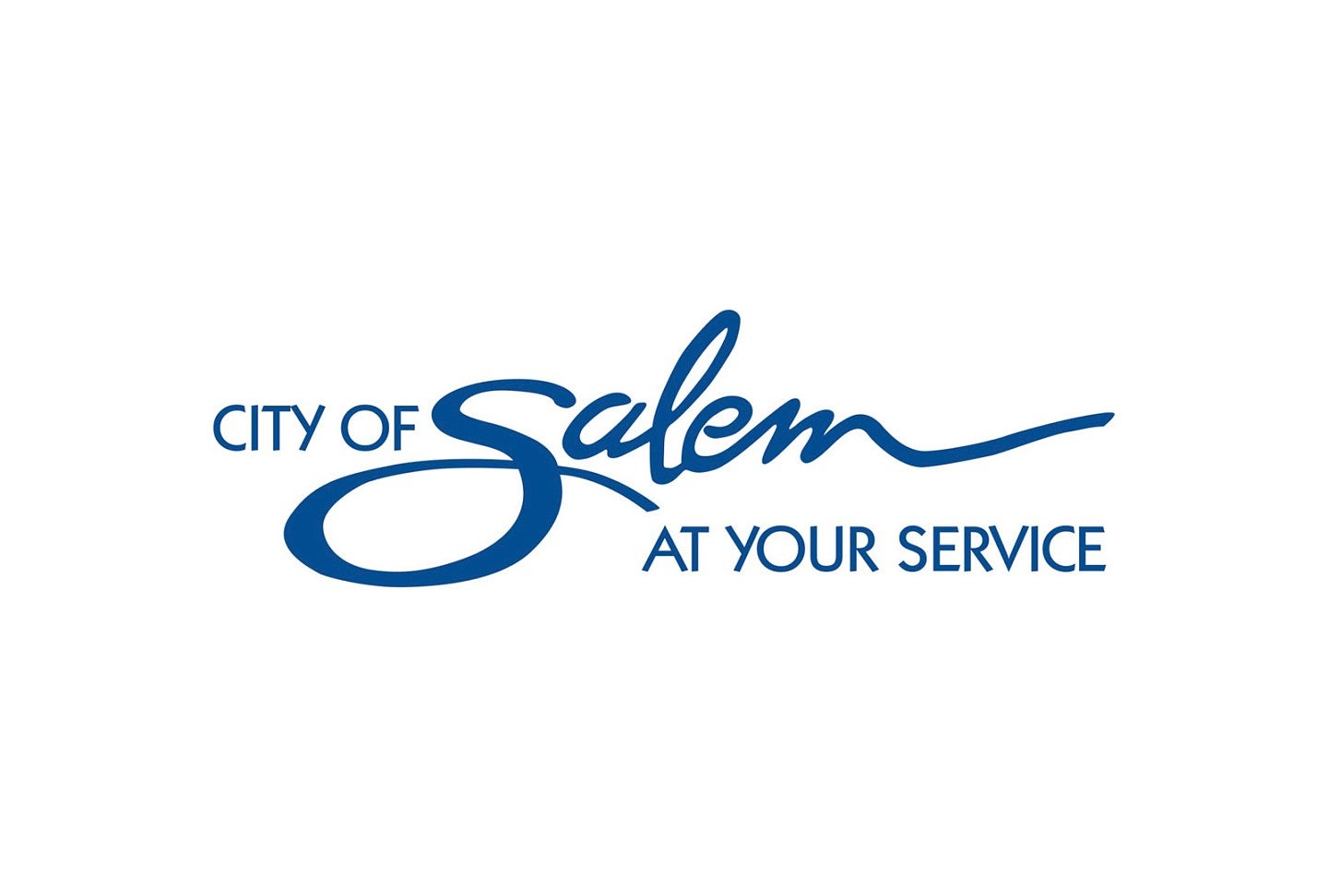
After more than a decade, the Sustainable City Year Program returned to the City of Salem for a partnership that focused on climate actions, improved walkability, equity, artificial intelligence, upgraded bicycle infrastructure, community engagement, among other priority city project topics.
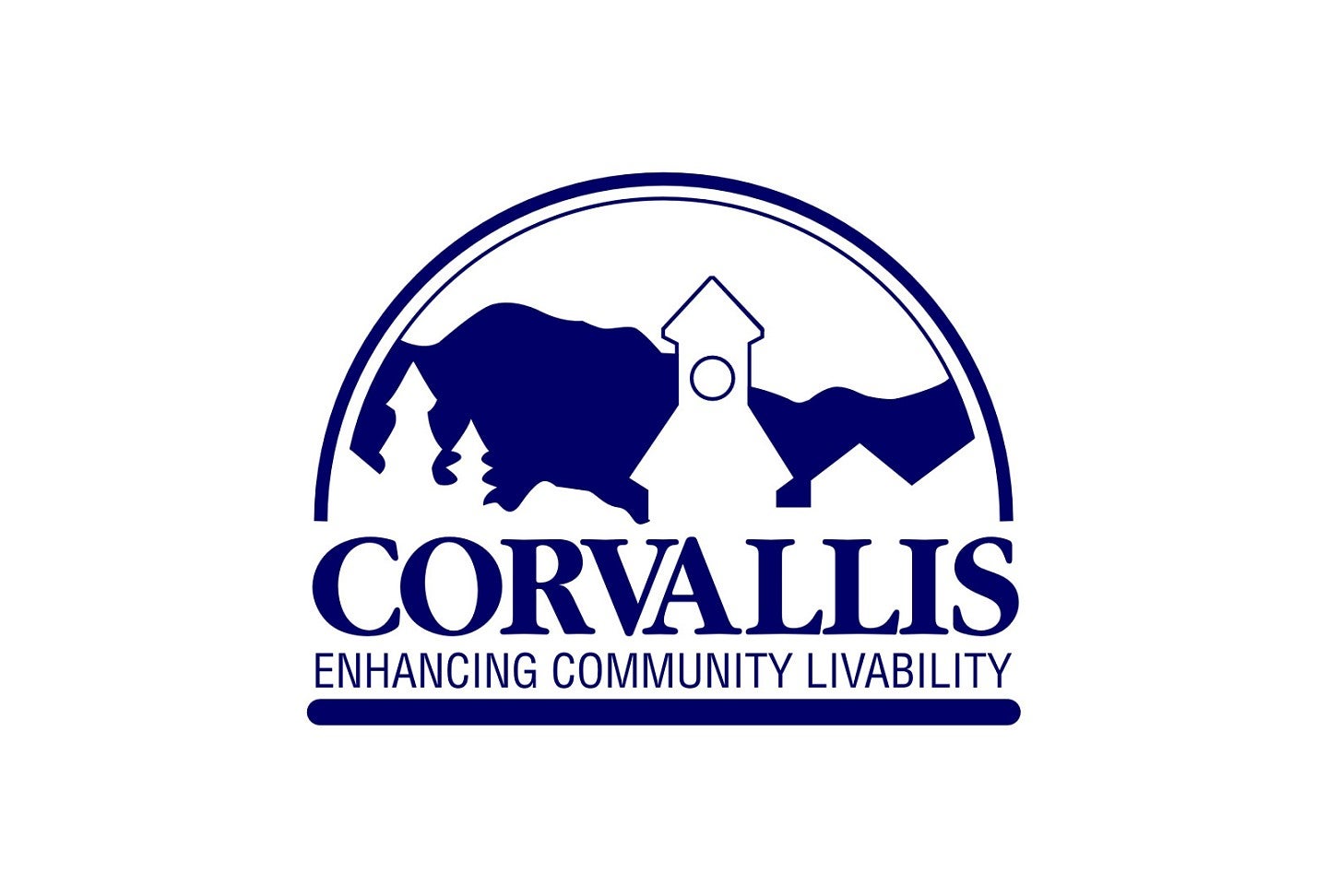
Graduate community and regional planning students considered how properties within a 14-acre area might redevelop and/or intensify under the city’s new Commercial Mixed Use zoning standards.
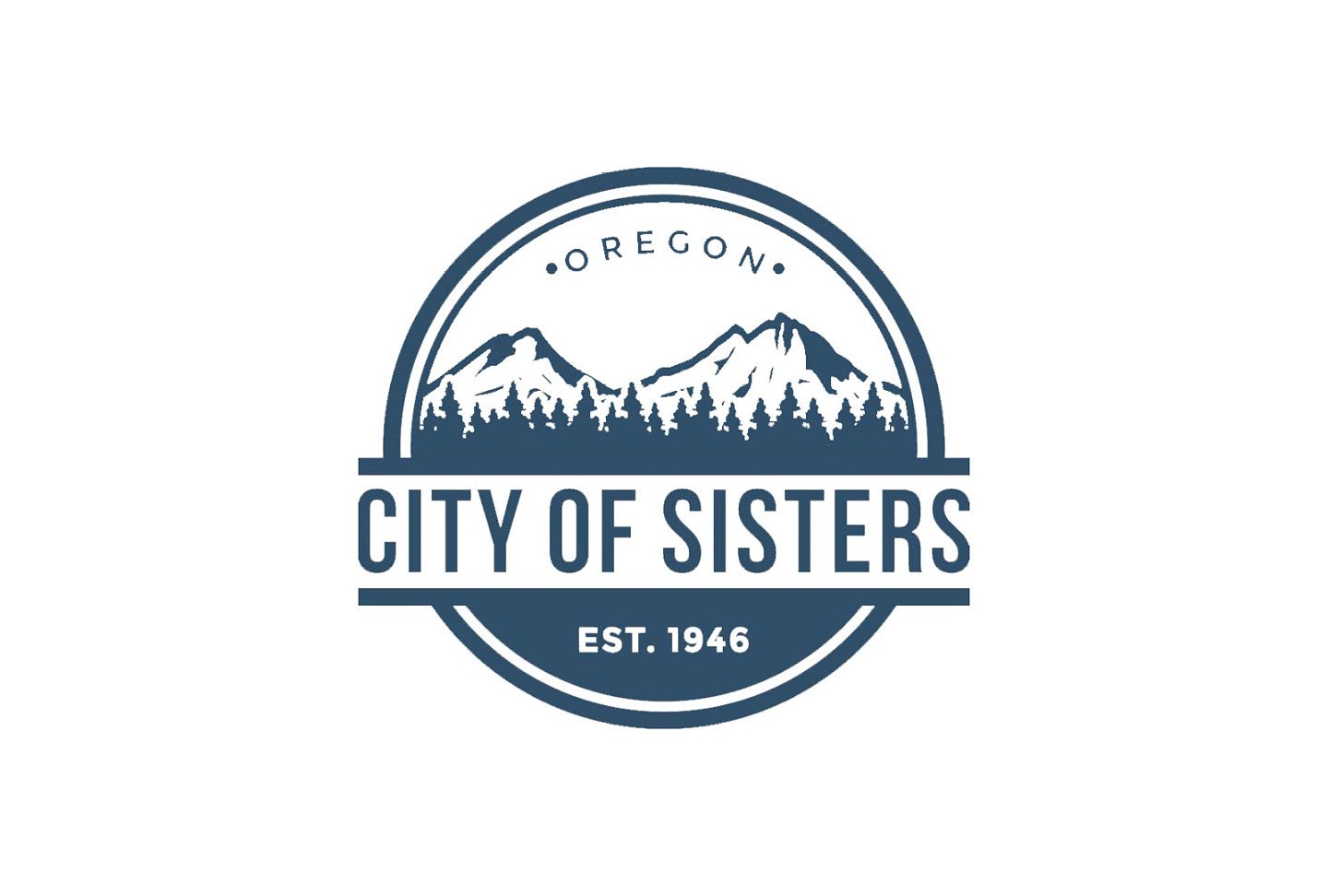
SCYP returned to central Oregon for a partnership with the City of Sisters. Projects focused on planning, design, active transportation, options for financing affordable housing, and nonprofit support.

SCYP’s first partnership in eastern Oregon, the City of Hermiston sits at the heart of the Pacific Northwest. Classes from the University of Oregon, Portland State University, and Eastern Oregon University proposed solutions to the challenges that the City of Hermiston faces managing significant population growth and in its role as the region’s trade center.
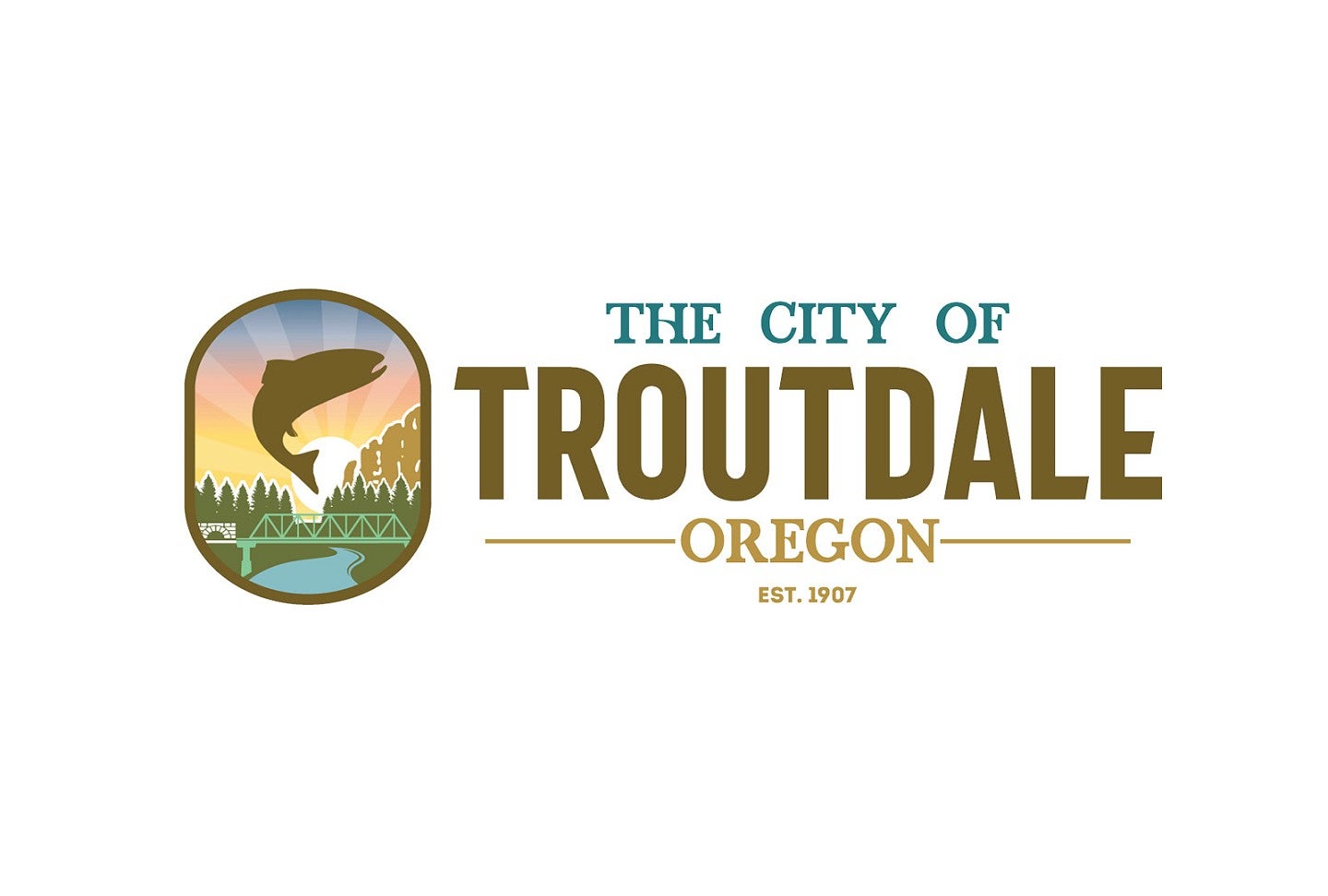
Troutdale is proud of maintaining its small town feel while advancing opportunities for sustainable growth in a beautiful natural setting. Students from fully remote courses worked on projects from affordable housing research and design to cottage cluster design standards to video production that encouraged tourism.

Planning and public administration graduate students supported the City of Hood River’s efforts to accommodate continued growth by strategizing ways to develop and facilitate more diverse housing types, including “missing middle” housing, Recommendations include updated zoning districts, development code amendments, and positive messaging that reduces housing barriers.

This SCYP year involved diverse stakeholders including staff across the LTD organization and local partners. Student projects explored several questions around LTD’s strategic planning efforts, including how to face key uncertainties over the next 20-30 years, the emerging mobility landscape, and strategic choices to adapt to transit and transportation challenges ahead.

City of Springfield projects focused on economic development and downtown revitalization, while Dunes City worked with students to develop passive heating strategies for disaster relief planning.
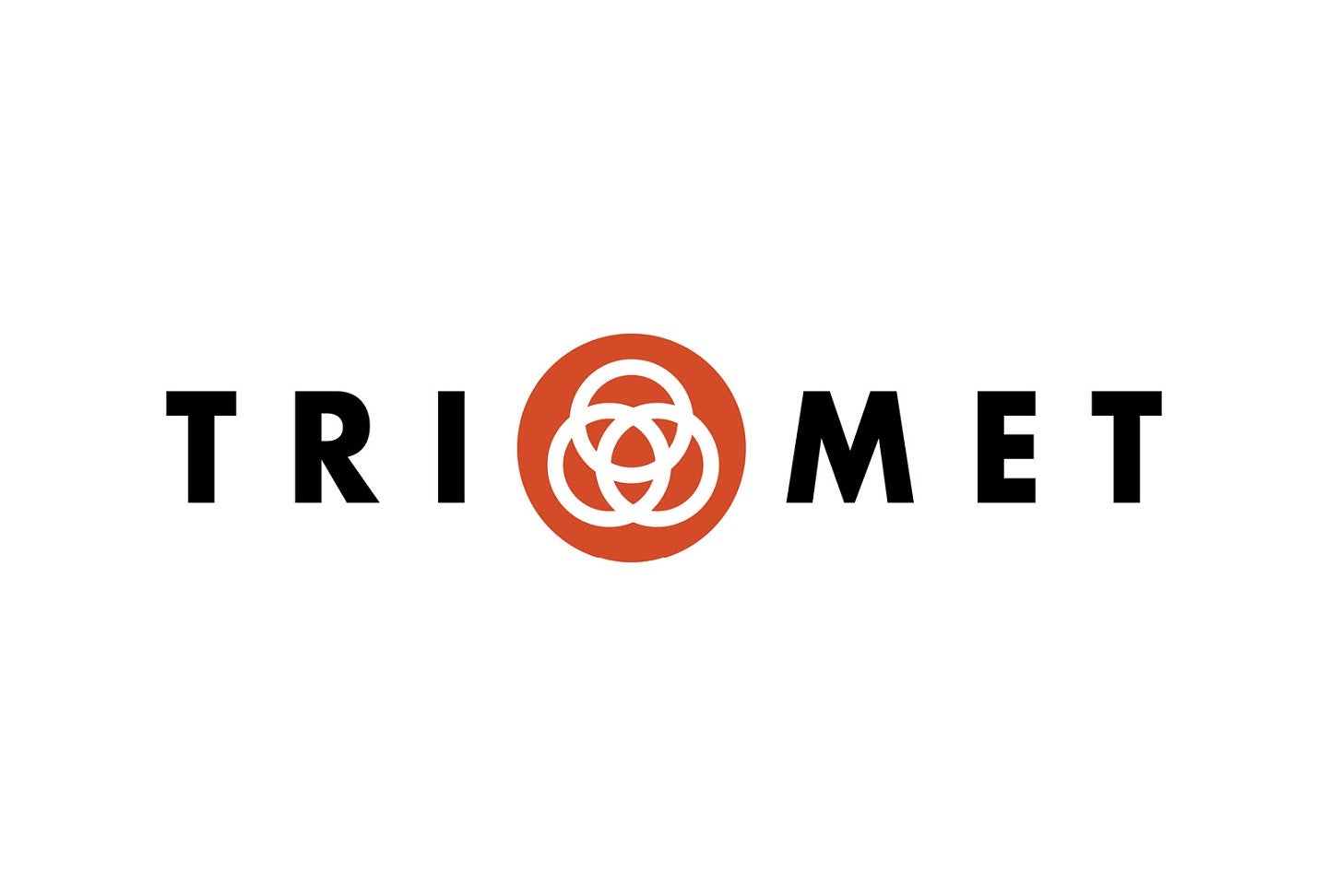
The TriMet partnership sought to create better outcomes for the proposed Southwest Corridor Light Rail Project and set new standards for the inclusion of sustainability and leverage light rail to explore and activate other potential transportation and land use improvements.

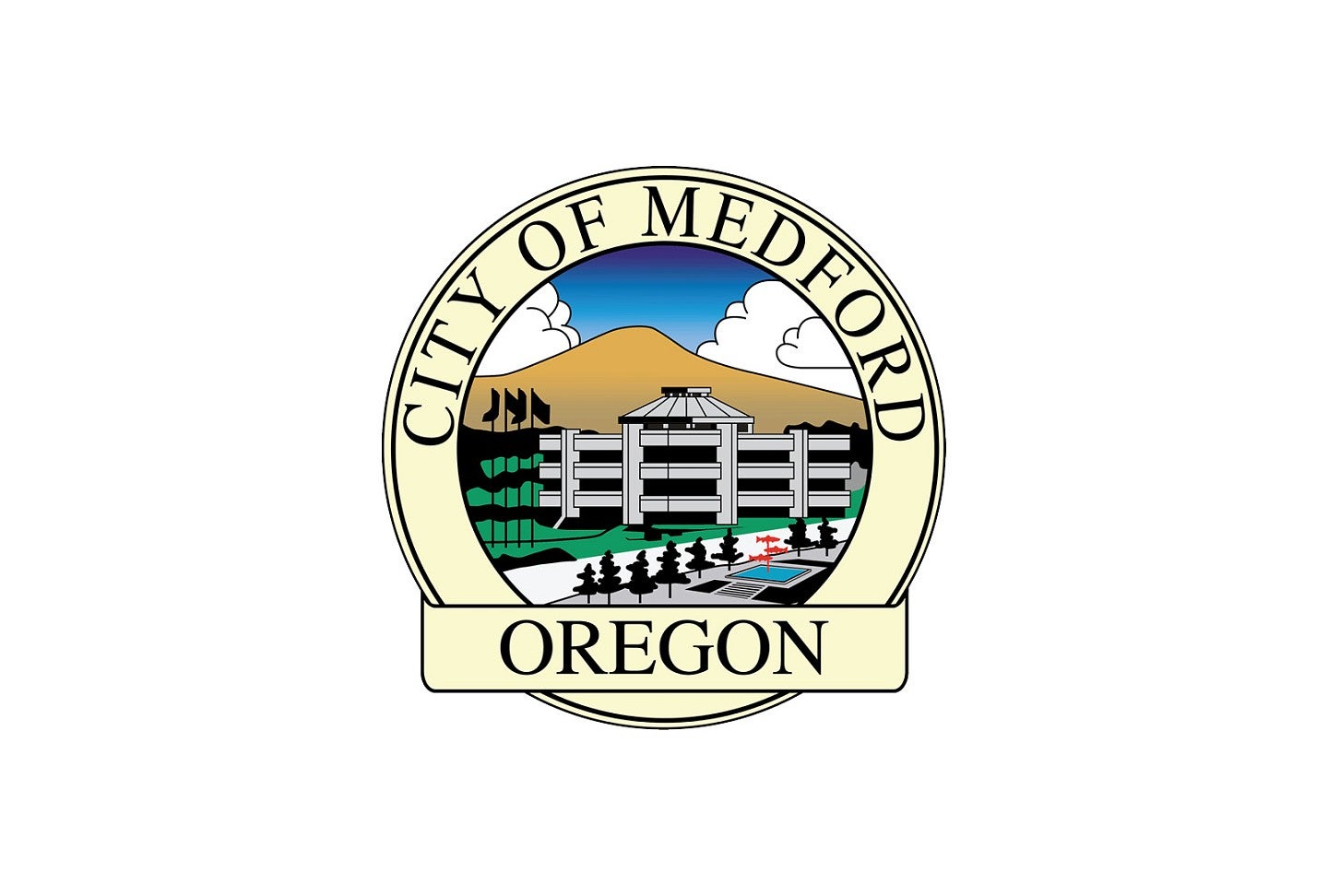
Following adoption of a Strategic Plan that incorporates sustainability into its four core areas, the City of Medford partnered with SCYP to support implementation of the plan across projects in design and planning, business and economics, civic engagement and journalism, and law.

A diversity of student project topics included public relations research for LTD's proposed West 11th Emerald Express expansion, ridership and route analysis, wayfinding signage design, redevelopment of an industrial site adjacent to downtown Springfield, encouraging bike-to-bus opportunities, and promotion of cultural amenities in downtown Springfield.


Following a successful inaugural year, 25 faculty and over 600 students worked collaboratively with the capital city to tackle important development, planning, and civic engagement issues. Student projects addressed several Salem City Council goals and leveraged existing limited resources to move projects forward much faster than would otherwise be possible.


